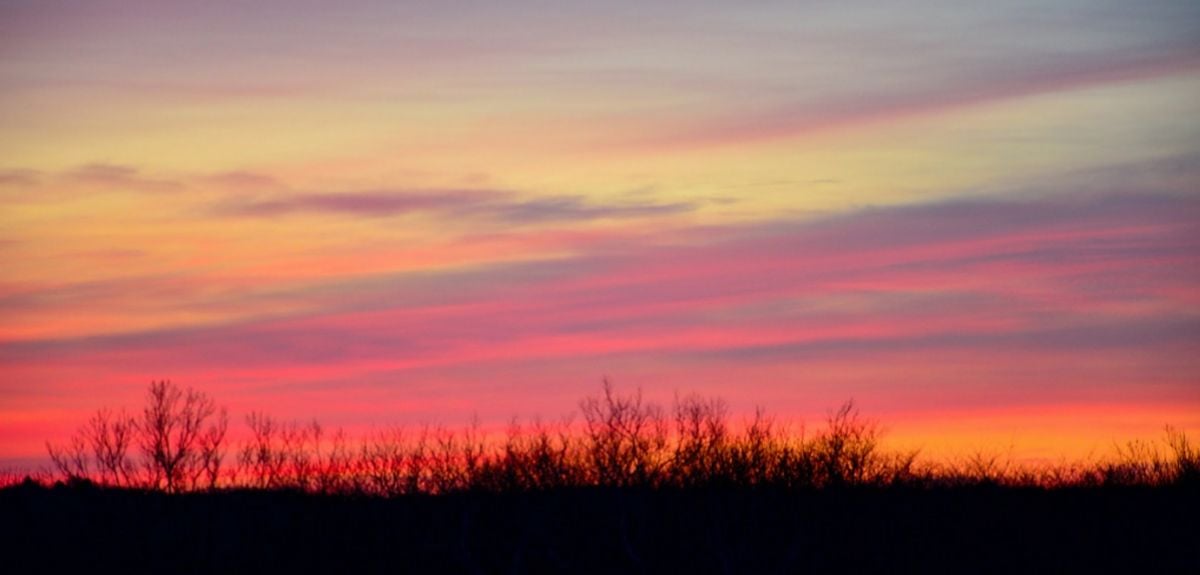
The WWI poet who wrote about life at home
100 years ago this week, the poet Edward Thomas died at the Battle of Arras in World War One.
Although he is celebrated as a war poet, Thomas’ poems rarely dealt directly with the conflict.
Dr Stuart Lee of the Faculty of English Language and Literature and IT Services started the First World War Poetry Digital Archive, which crowdsourced over 7,000 items of text, images, audio and video related to the First World War for teaching, learning and research.
Dr Lee says Thomas is a significant poet from the war era because, unlike the war-focused poems of Wilfred Owen and Siegfried Sassoon, his poetry represents what so many people back in the UK felt during the war.
'I think he’s a wonderful poet and he certainly deserves recognition because from that period he points us to another side of the war, the people who were at home who could just see the effects and playing on their mind,' he says.
'In poems like Rain and Owl he clearly is at home but his mind is going to those men on the front who are suffering for him and suffering for his country.
'He also presents probably what many people felt in terms of the attitudes of the war – he is not jingoistic and at the same time he’s not a pacifist, he’s right in the middle saying I don’t hate Germans and I don’t love England in the way the newspapers want me to, but I need to fight.
'It focuses us on the discussion of what we mean by a war poet and war poetry. We tend to think of Wilfred Owen and Siegfried Sassoon and the likes because they were competent poets and they write about their experience in the trenches, but of course the war like all wars affected people who never actually served, who were on the home service, or who just experienced the war.
'Thomas was one of those men who was tackling a great problem which many people had to face up to, of what involvement he should have in the war.'
Dr Lee was interviewed about Edward Thomas on the BBC World Service this week. The full interview can be found at 48 minutes 30 seconds.